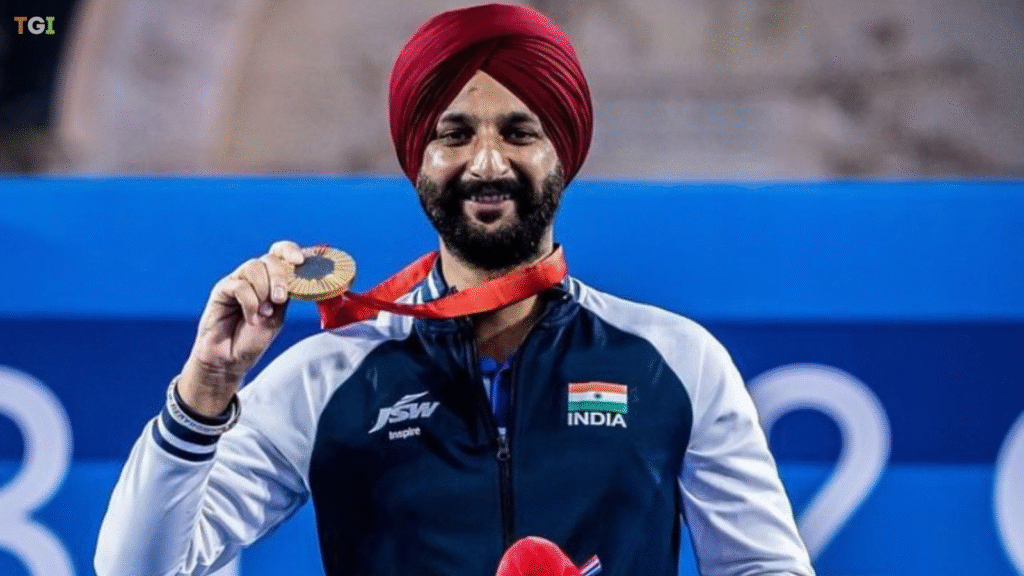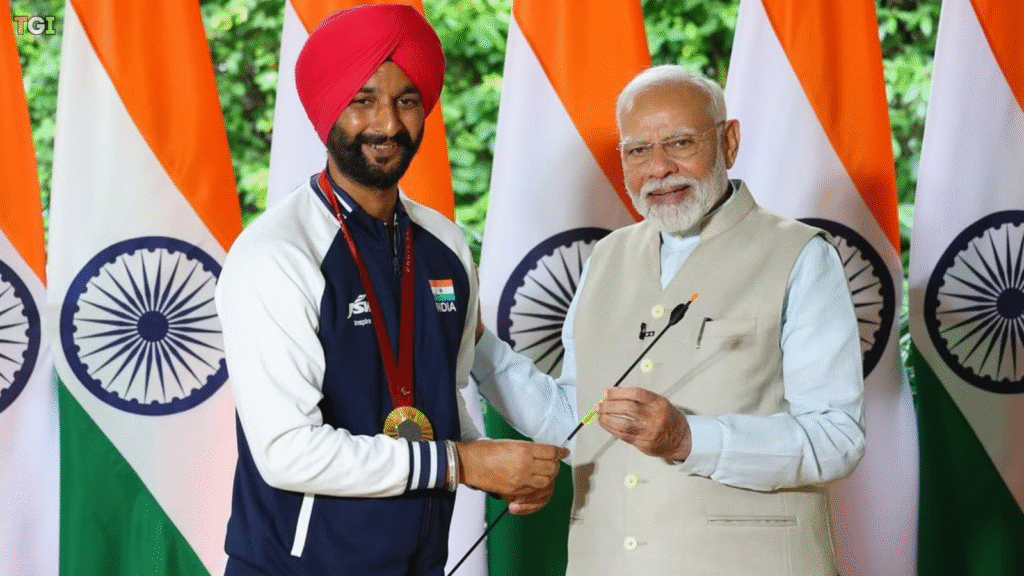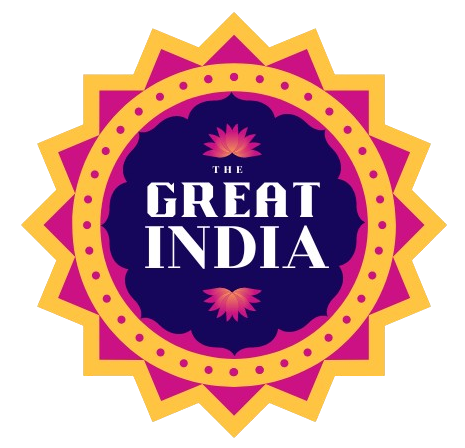The para archery journey of Harvinder Singh is a story of resilience, precision, and unbreakable spirit. At the 2025 Asian Para Archery Championships in Beijing, this 34-year-old from Kaithal, Haryana, clinched two gold medals and a silver, powering India to a historic second-place finish with nine medals. His record-breaking performance not only marked a personal milestone but also cemented his legacy as India’s first Paralympic archery gold medalist.

Born into a farming family, Harvinder’s life changed at 18 months when a dengue treatment led to the loss of function in his legs. Yet, adversity only fueled his determination. Inspired by the 2012 London Paralympics, he took up archery while pursuing a PhD in economics at Punjabi University. “I loved the unpredictability of archery,” he once shared in an interview. “That one second when the arrow flies—it’s pure focus.” His journey began with limited resources, but his father’s support, including turning their farm into a training range during the COVID-19 lockdown, kept him going.
Harvinder’s international debut came in 2017 at Beijing’s World Archery Para Championships, where he finished seventh. A year later, he won India’s first archery gold at the 2018 Asian Para Games in Jakarta, dedicating it to his late mother. “That win was emotional,” he recalled. “It came just days after her passing.” His bronze at Tokyo 2020 made him India’s first Paralympic archery medalist, followed by a historic gold at Paris 2024, defeating Poland’s Lukasz Ciszek 6-0.

In Beijing 2025, Harvinder’s para archery journey reached new heights. He set a championship record of 663 points in the recurve men’s qualifying round, showcasing his precision. Partnering with Bhawna, he clinched gold in the recurve open mixed team event, edging out China 5-4 in a dramatic shoot-off. In the men’s recurve open final, he dominated Thailand’s Hanreuchai Netsiri 7-1, securing his second gold. He also earned a silver in the men’s recurve team event with Vivek Chikara, contributing to India’s haul of three gold, three silver, and three bronze medals.
What sets Harvinder apart is his mental fortitude. “Archery is unpredictable,” he said. “Confidence is key—you focus on each arrow, not the medal.” This mindset, honed under coaches Jiwanjot Singh Teja and Gaurav Sharma, has made him a role model. His achievements have inspired an archery academy in Cheeka, near Kaithal, training 40 young archers. “When kids say they want to train with me, it’s the greatest reward,” he shared.
India’s performance in Beijing, led by Harvinder’s para archery journey, reflects the growing strength of para sports. The women’s compound team of Sheetal Devi and Jyoti also won gold, while others like Rakesh Kumar and Pooja added medals, showcasing depth. Sports Minister Anurag Thakur praised the team, emphasizing the need for better infrastructure to support para athletes.
Harvinder’s story transcends sport. Honored with the Padma Shri in 2025, he’s a symbol of what’s possible when passion meets perseverance. As he eyes the 2026 Asian Para Games and World Championships, his message is clear: “No limitation can stop you if your dreams are bigger.” For anyone facing challenges, Harvinder’s para archery journey is a reminder—aim high, stay focused, and let your arrows carve history.

